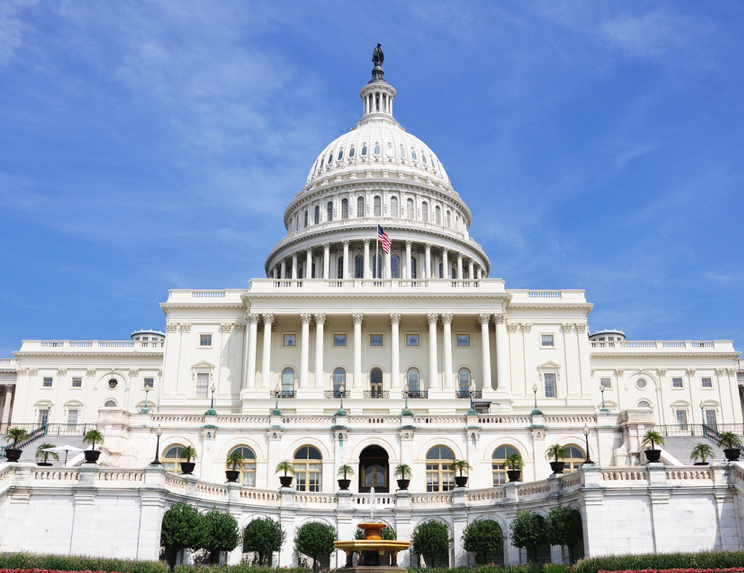Blog — The Snow Report
Three mistakes to avoid in healthcare government relations
Posted on January 28, 2014 by Joshua Schneck


There are three mistakes to avoid in healthcare government relations. As a Minneapolis healthcare government relations firm, we help our clients avoid these mistakes and achieve competitive advantages from understanding evolving government regulatory and statutory changes. The three mistakes to avoid in healthcare government relations are:
1. Ignore ongoing regulatory and legislative changes that might impact your business. If you’re in healthcare, government regulation is likely to impact you from any number of directions; including the FDA, Meaningful Use, HIPAA, ICD-10 (by the way, ICD-11 is being developed), Medicare rules and reimbursements, you name it. And that’s just at the Federal level. State regulations need to be watched, too, as well as the occasional oddball bill introduced at a state legislature.
A regular monitoring program that follows regulatory areas of importance to you will provide an early alert if a problem is developing and hopefully give you time to adapt or even to help stop or at least modify a pending regulation. Often, pending regulatory changes are signaled years in advance (though not always) by earlier draft regulations, Congressional hearings, think tank reports and by other means. Consistent monitoring will prevent surprises and may provide opportunities. Once the regulatory train has left the station, the chances of stopping it go down dramatically.
2. Avoid formulating a long-term strategy that identifies risks and opportunities and sets goals. The value of a comprehensive audit of pending or potential regulation is you can prioritize the most significant issues and assess not only where your interests are threatened, but where there might be an opportunity. For example, what if an agency of the Federal government is proposing a requirement that plays to a core expertise or sweet spot of yours?
In addition, effective healthcare PR and marketing communications target real pains and real needs of customers. As a Minneapolis healthcare PR agency, we look to pending government regulations as guideposts to what key buyers and decision makers will be concerned with 6-12 months or more from now. With that kind of lead time, we can make our clients the thought leaders of issues the market will be worrying about 6-12 months later.
3.Do not allocate any internal or external resources to government relations. Monitoring and creating strategy does no good if you don’t have somebody following the government for you. Many trade associations will offer monitoring and advocacy on your behalf. If you’re not a member of a trade organization that offers these services, consider joining one. But even the best trade organizations may not keep track of issues that are central to your future, and associations do not generally advocate directly for your company; they address issues common to all their members. You may well need a customized approach with resources you control. Dedicating time by an employee for government relations can make sense if you have someone on board with the knowledge, skills and interest. Another alternative is to hire an outside firm with a track record of following healthcare issues and getting good results for their client. However you do it, buy in and participation by senior management will be key.

Comments are closed.